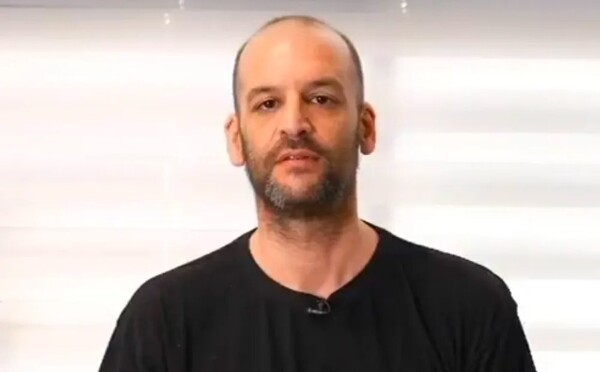
The process of Political Trial in Argentina implies that the convicted party will be subject to accusation, trial, and punishment according to the laws before ordinary courts. The formation of the Political Trial commission of the Chamber of Deputies follows a regulation that defines its powers to investigate and issue opinions on matters of responsibility against public officials subjected to political trial.
The first step that the commission must resolve is the declaration of admissibility of the complaints based on the account of events and the formulation of the charges that make up the accusation. Admission requires more than half of the votes of the commission members, that is, 16 votes. With the declaration of admissibility, a formal investigation is opened that will include the formulation of charges, citation of witnesses, and requests for reports to the Judiciary to support the production of evidence tending to substantiate the accusation.
Once the evidentiary process is completed, an accusation statement is issued that must be approved by more than half of the votes of the commission members and then submitted to a vote in the lower house with two-thirds of the votes. Subsequently, the process continues in the National Senate, which must decide on the removal or acquittal of the accused with two-thirds of the votes.
The last political trial took place in 2023 and the accused were judges of the Supreme Court. Unión por la Patria, three deputies from Encuentro Federal, and the Left Front submitted bills to initiate a political trial against President Javier Milei for his alleged involvement in the launch of the cryptocurrency Libra, interpreted as a "large-scale scam."
The political trial is a mechanism provided in the National Constitution that grants the national Congress extraordinary powers to investigate the political responsibilities of a high-ranking public official for possible crimes in the exercise of their functions. The Chamber of Deputies is responsible for accusing through the Political Trial commission, made up of 31 members proportionally representing each parliamentary space.
The national Constitution establishes that the Chamber of Deputies accuses the president, vice president, chief of cabinet, ministers, and members of the Supreme Court. The Senate is responsible for judging in public trial the accused and its ruling can remove the accused or declare them incapable of holding positions of trust in the Nation.













